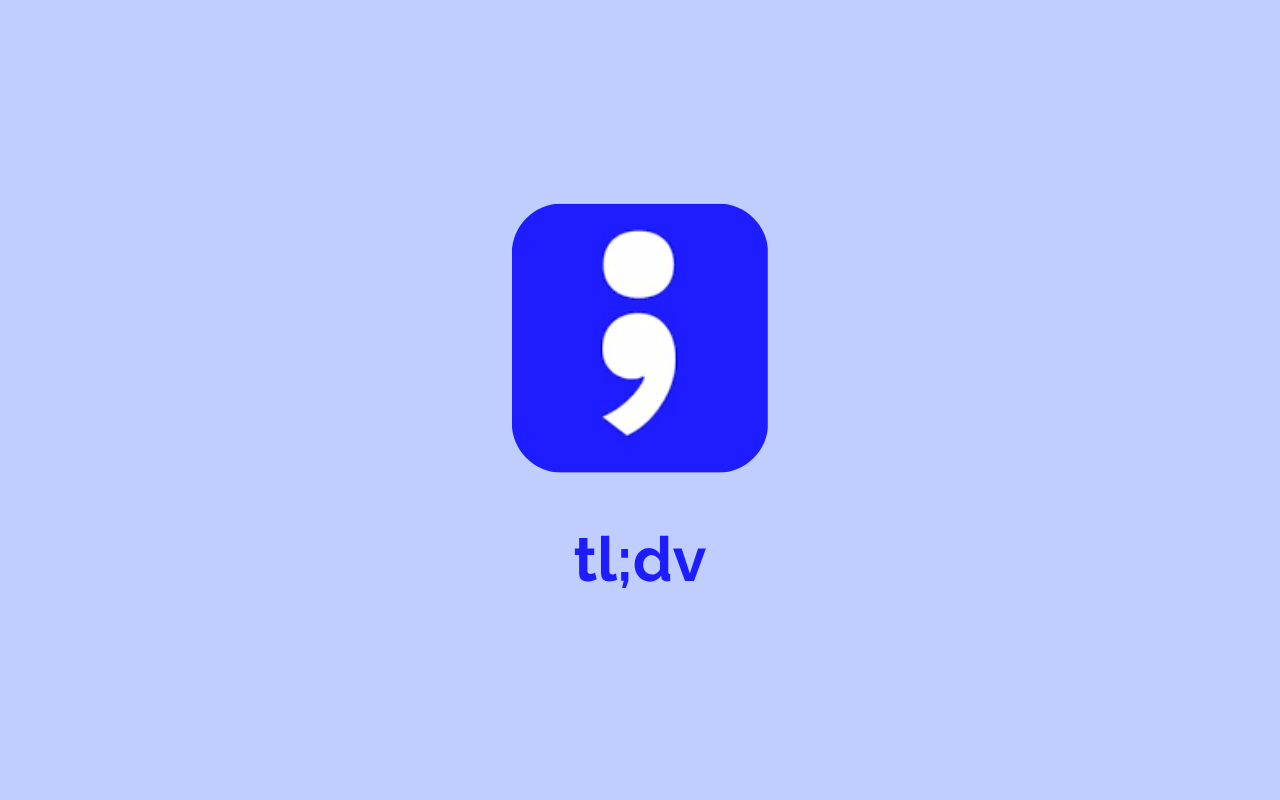Every salesperson sets out to engage their prospects during the product demo, but it doesn’t always work out. Do you know why?
Too many demos focus on functional product features without considering the emotional aspects that influence the sale. In fact, the likelihood that someone buys your product without feeling an emotional connection to a salesperson is extremely low.
LinkedIn’s “State of Sales” survey revealed what you probably already know: The final purchase decision comes down to whether or not the buyer trusts the salesperson.
Okay, so how do you establish trust and a deeper emotional connection with your prospects?
By treating every interaction during the sales process as an opportunity for you to build and maintain a relationship. You want to engage your prospect at every step, especially during the product demo when your solution and your expertise are on full display.
Everyone has their own style and approach to building relationships, but here are the four best engagement techniques you can incorporate to connect with prospects on a demo.

1. Build rapport with smarter small talk
Within the first 5 minutes of your demo meeting, you want to create a comfortable environment and make an initial personal connection with all the participants before jumping into the business side of things. You can accomplish this with small talk.
As a salesperson, you likely have the “gift of gab”, meaning that you are a talented talker who has no problem facilitating a conversation in any situation. This is both a gift and a curse. In terms of a demo, talking too much, especially about yourself, will quickly ruin the rapport.
Break the ice and make the first emotional connection with “smart” small talk. While most small talk focuses on superficial topics such as the weather, “smart” small talk focuses on topics that relate to your prospect’s business or your common interests. And most importantly, it gets them talking within the first few minutes of the demo.
There is no right way to break the ice and get your prospects talking, but here are a few ways to sharpen your small talk skills to establish a personal connection.

Small talk ideas to make a quick impression
Common connections: Discovering common people within your professional network is a very powerful way to quickly establish trust. Research beforehand. Bring up a friend or connection and ask them how they know each other.
- Example: I noticed you’re connected with [Friend Name]. We studied together at University. How do you know each other?
Shared interests: Share some news about your favorite sport or hobby and ask them what they are into. Let them share their interests and you will likely find something in common.
- Example: I didn’t know you played tennis. I play doubles every weekend with my wife.
Recent article or news: Has your prospect recently published a new blog post or were they mentioned in the news? Did the company reach a milestone like a product launch or a new round of funding? Show your genuine interest and let them talk about their win.
- Example: I read your blog post last week about XYZ and loved your perspective. Have you implemented your ideas into your business?
Recent promotions: Check if your prospect has been promoted recently. If so, congratulate them and ask them to share more details about the new role.
- Example: Congrats on your new role! How are you finding it?
Friendly curiosity: You can also go the friendly route and simply ask them about their weekend or how their workweek is going. This straightforward approach is enough to establish a genuine interest in their life beyond business.
- Example: How’s your week going so far? Do you have anything planned for the weekend?

2. Establish trust with a customized demo
When you know 71% of customers buy because they like, trust and respect the salesperson they work with, you have to establish trust early on in the process to put yourself in a position to win.
The best way to build trust is to deliver a product demo that is customized to address the prospect’s specific needs.
Your product likely has dozens of compelling features, but your prospects only care about the solutions that are relevant to their business challenges. How can you establish trust by focusing on exactly what they asked for?
It comes down to the three foundational elements of trust: credibility, reliability, and intimacy.
A few years ago, the Harvard Business Review reported on the Trust Quotient, which set out to define the building blocks of establishing trust with others. The research landed on these three things.
Foundational elements of trust
- Credibility: By focusing on the solutions unique to your prospect, you establish expertise as someone who knows the product inside and out and how it can help them.
- Reliability: You already spent a lot of time qualifying your prospects. By delivering a demo that is customized for the prospect’s exact business needs, they will consider you a reliable partner who listens and follows through on what is asked for.
- Intimacy: Finding an emotional connection through relationship-building will differentiate you from the competition and give your prospects a sense of confidence in choosing you
Earn your prospect’s trust by showing them that you listened to them and you understand their specific needs. At the same time, you have expertise with your product and you can help them find the right solutions.
Finally, you show that you care about your prospect beyond a commission check. You want them to reach their goals, and you accomplish this by creating a demo that is targeted and personalized.

3. Deepen Relationship with Personal Insights
While you build trust by personalizing the demo to fit your prospect’s needs, you deepen your relationship by getting more personal with the people you are doing business with.
You might have heard the famous presentation advice, “know your audience”, but what does that actually mean? In the context of giving a product demo, it means digging deep into your prospect’s professional profile to understand their roles and motivations for working with you.
“Get to know your audience as well as you possibly can, down to their individual profiles. Do the legwork this requires beforehand...”
You have an enormous amount of resources at your disposal to learn about your buyers and to create dossiers about each person before the call. This way, you know enough about each person in the demo to build connections throughout the meeting.
Resources to research prospects
- Quora (Have they commented on issues?)
- Medium (Are they a writer? See what they’re interested in.)
- Twitter (Best place to learn what they think.)
- Linkedin (Find out more about their background and see if you have connections.)
- YouTube (Maybe they’ve been interviewed or have recorded presentations.)
- Google (They might have published articles or appeared on podcasts.)
- CRM (Review previous interactions or conversations.)
- Company website (Look through news, blogs, videos, and anything else for new insights.)

In addition to learning more about each person’s professional profile, take some time to learn more about the company’s profile. Who are their customers or partners? Read through testimonials or reviews to see what they think. This will give you a holistic view of your prospect’s story.
At the end of the day, people want to feel good about buying from you. If you can give them that extra assurance by showing that you know where they are coming from, you give yourself an advantage.
4. Maintain engagement with storytelling
So, you’ve learned enough about each person and the company to make personal connections during the demo. Relationship-building is a huge part of engaging your prospects, but you still need to keep them interested throughout the entire demonstration.
The best way to keep people’s attention during a presentation is to incorporate stories. For example, when you are covering a feature, use a case study of another customer to show how they benefited from that specific feature.
By using stories, you bring a functional feature to life while making it memorable for your audience. In fact, Stories elicit chemical, physical, and emotional responses. The brain releases oxytocin, which puts your audience into a mindset where they are more likely to adopt new ideas and take action.
Sound powerful? It gets even better. Uri Hasson, a neuroscientist at Princeton University, found that when multiple people hear a story, their thinking aligns. To put it another way, if you have five prospects in a meeting, you can help them all align around your demo by telling a story that resonates with them.
Here are some ways you can incorporate stories into your demo. Just remember that the purpose of the story is to explain the benefits of your product. Don’t tell stories that have nothing to do with the demo.
Story ideas for your demo
- Case studies: Instead of bullet-point case studies, tell a story about a client that solved a business problem with the product.
- Personal experiences: Use an anecdote about your life to help drive a point home.
- Share other stories: Refer to real stories you recently read or heard about. Or, use an example from a movie or book.
- Visual illustrations: Sometimes stories are better told visually, such as a comic strip or a famous quote. If it fits with the demo, add a visual to help tell your story.
- Tell a joke: Telling a funny joke to help explain a benefit or reinforce your point helps make your pitch memorable.

Incorporating storytelling into your demo will not only help boost engagement with your audience, but it’s also a useful tactic to build trust and alignment with everyone.
Final thoughts on demo engagement
The most important thing to remember about all of these engagement techniques is that they only work if you are 100% authentic. You cannot truly attract people’s attention and keep their interest if they can see that you are not truly engaged yourself.
When you invest in learning more about your prospects as people and care about helping them achieve their goals, you’ll find it much easier to deliver an engaging demo.
Are you using your Demo Agenda as a strategic tool to improve your demos? Learn more about The Anatomy of a Perfect Software Demo Agenda.





.png)






